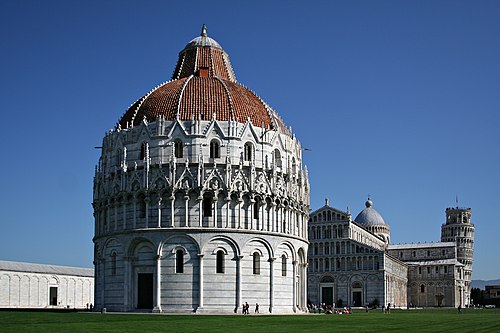Year 1064 Overview
1064 was a leap year that began on a Thursday according to the Julian calendar.
Notable Events
By Place
Europe
In the summer, King Ferdinand I (the Great) expanded his territories in what is now Portugal, capturing Coimbra. He appointed Sisnando Davides to reorganize the economy and manage the lands surrounding the city.
Many European warriors headed to Spain to join the siege of Barbastro. This expedition was sanctioned by Pope Alexander II and is often considered an early form of a Crusade.
Harold Godwinson, the Earl of Wessex, found himself shipwrecked on the shores of Ponthieu (Normandy), where he was captured by Count Guy I and taken hostage to his stronghold at Beaurian.
Duke William I (the Bastard) sought Harold’s release from Guy I, paying a ransom for his freedom. Harold was compelled to swear an oath to support William’s claim to the throne of England.
Kings Harald Hardrada of Norway and Sweyn II of Denmark came to a peace agreement, but Harald soon turned his ambitions toward England, believing he had a legitimate claim to the throne.
Seljuk Empire
On April 27, Alp Arslan ascended to the throne as sultan of the Seljuk Empire, becoming the sole ruler of Persia from the Oxus River to the Tigris.
The Seljuk Turks, under Alp Arslan’s leadership, invaded Anatolia, capturing the city of Ani after a 25-day siege, resulting in a brutal sacking and slaughter of its citizens.
Badr al-Jamali, the Fatimid governor of Syria, attempted to incite a pro-Fatimid coup in Aleppo, but the rebellion was suppressed by Musa Yabgu.
Asia
King Bagrat IV of Georgia successfully captured the fortress city of Samshvilde, which served as the capital of the neighboring Tashir-Dzoraget.
Mesoamerica
On January 4, the Aztecs migrated from Aztlán to the southern regions of central Mexico.
By Topic
Religion
In the winter, the Great German Pilgrimage took place, led by Archbishop Siegfried I of Mainz, as he journeyed to Jerusalem. It was around this time that the Ezzolied, a High German poem reflecting on the life of Christ, was composed.
Michaelsberg Abbey in Siegburg (modern-day Germany) was founded by Anno II, the archbishop of Cologne.
Construction began on the Piazza dei Miracoli (known today as the Piazza del Duomo) in Pisa, Tuscany.
Volcanology
The Sunset Crater Volcano, located in modern-day Arizona, erupted for the first time around this period.
Notable Births
- Adela of Flanders, queen of Denmark (approximate date)
- Beatrice I, countess of Bigorre (approximate date)
- Bořivoj II, duke of Bohemia (approximate date)
- Danxia Zichun, Chinese Zen Buddhist monk (d. 1117)
- Hugh of Flavigny, French abbot (approximate date)
- Robert Fitz Richard, English nobleman (d. 1136)
Notable Deaths
- August 15 – Ibn Hazm, Andalusian historian and poet (b. 994)
- November 29 – Al-Kunduri, vizier of the Seljuk Empire (b. 1024)
- December 19 – Fujiwara no Nagaie, Japanese nobleman (b. 1005)
- Akkadevi, princess of the Chalukya dynasty (b. 1010)
- Dromtön, Tibetan monk and founder of Reting Monastery
- Dub dá Leithe, Irish abbot
- Gozelo I, count of Montaigu
- Llywelyn Aurdorchog, Welsh nobleman (approximate date)
- Yaakov ben Yakar, German Jewish rabbi (b. 990)
- Yi Yuanji, Chinese painter (approximate date)
References
Data sourced from historical records and chronicled events of the year 1064.

